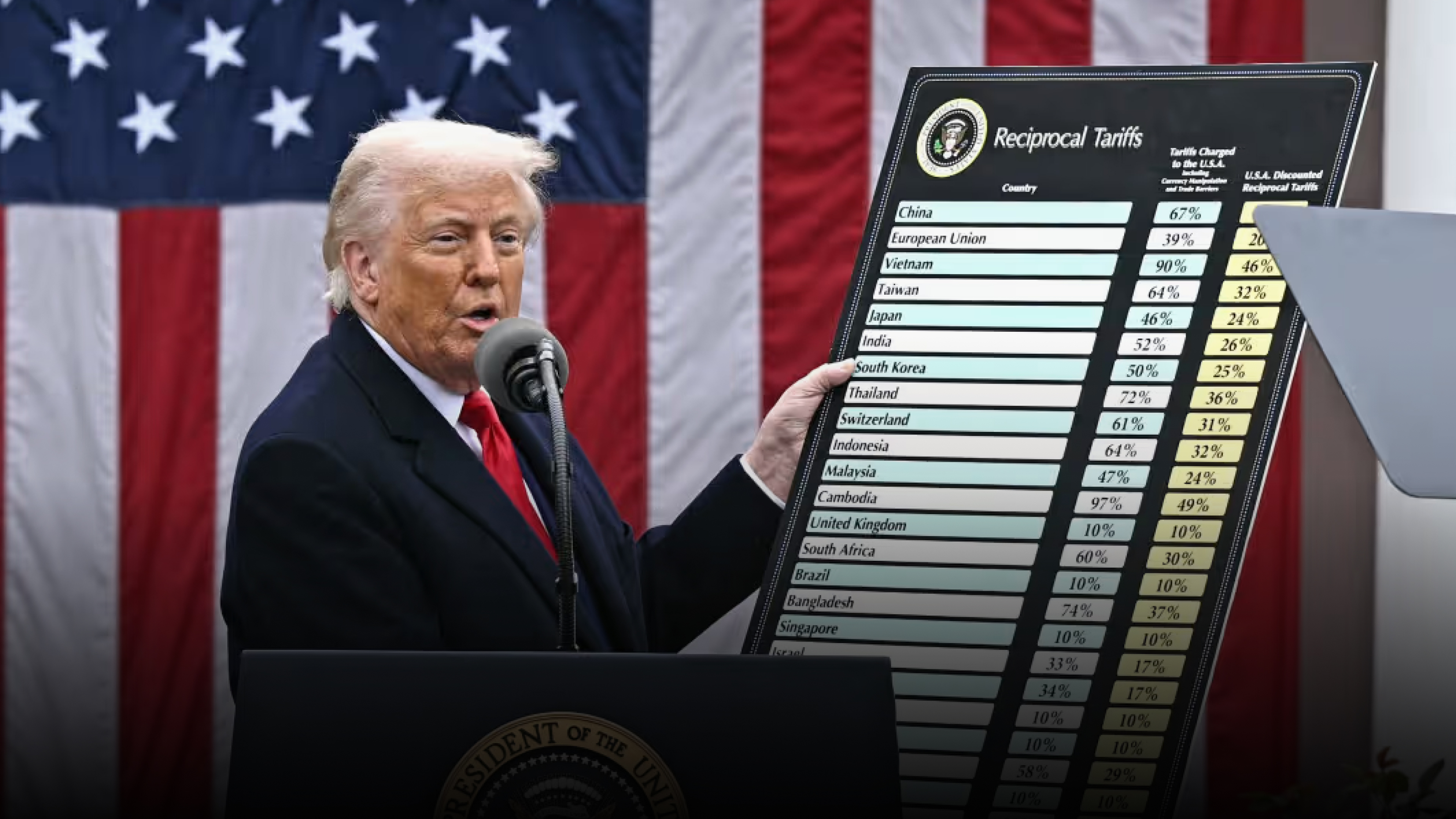Written by : Saloni Tyagi
April 4, 2025

Experts estimate that Indian generics saved the US healthcare system $219 billion in 2022 and are projected to generate an additional $1.3 trillion in savings over the next five years.
The US administration has exempted India’s pharmaceutical industry from reciprocal tariffs, recognizing the sector’s role in ensuring affordable medicine access, including to the United States.
This comes amid President Donald Trump’s decision to impose 27% reciprocal tariffs on imports from 60 countries, including India. However, pharmaceuticals and other critical items remain exempt from these increased tariffs.
The Indian pharmaceutical sector plays a vital role in US healthcare, ensuring a steady supply of affordable medicines.
The exemption is expected to strengthen trade ties between India and the US and reinforce India's leadership in the global pharmaceutical market.
“The decision underscores the critical role of cost-effective, life-saving generic medicines in public health, economic stability, and national security,” said
Industry experts, such as Sudarshan Jain, Secretary General of the Indian Pharmaceutical Alliance (IPA), highlighted that the exemption underscores the importance of affordable, life-saving generic medicines for public health, economic stability, and national security.
"India and the US share a strong, growing bilateral trade relationship, and pharmaceuticals remain a cornerstone of this partnership," he added.
India's pharmaceutical companies contribute significantly to the US healthcare system, with four out of ten prescriptions in the US in 2022 being supplied by Indian manufacturers.
India’s pharmaceutical exports to the US far exceed its imports, creating a trade surplus that strengthens India’s leadership in the global market.
Experts estimate that Indian generics saved the US healthcare system $219 billion in 2022 and are projected to generate an additional $1.3 trillion in savings over the next five years.
The move is a strategic opportunity for India to expand its pharmaceutical capabilities and focus on next-gen generics and biosimilars.
Industry leaders note that strengthening domestic API production can help reduce geopolitical vulnerabilities while reinforcing India's position as the world's leading pharmaceutical hub.
Recently, President Donald Trump announced the US withdrawal from the World Health Organization (WHO), citing the US paying too much money to the organization compared to other countries.
This move drew significant criticism from public health experts.